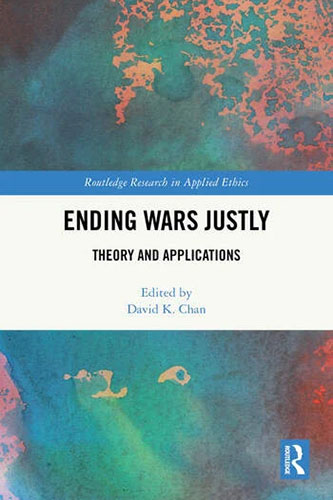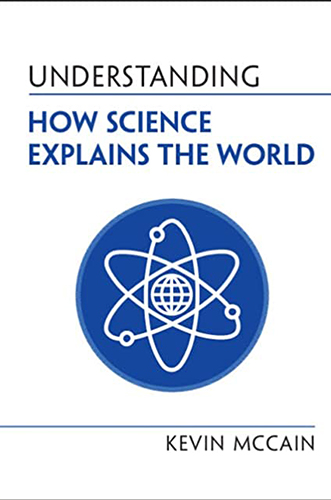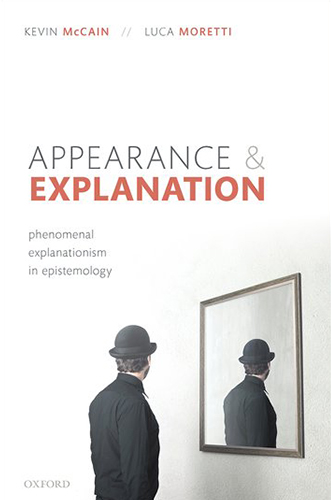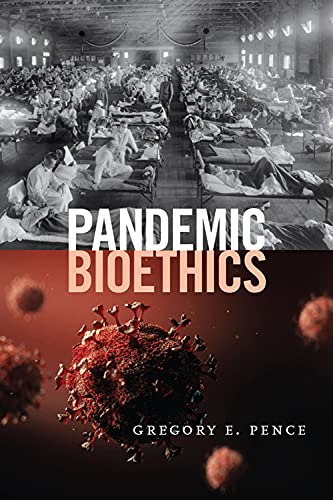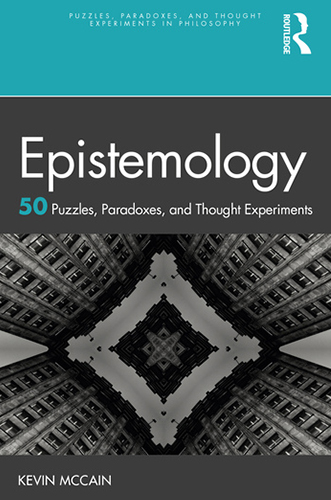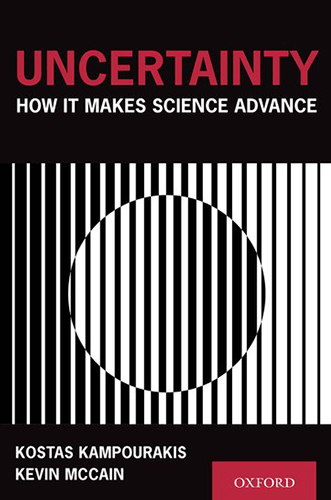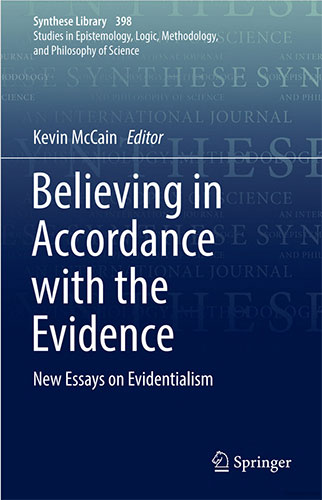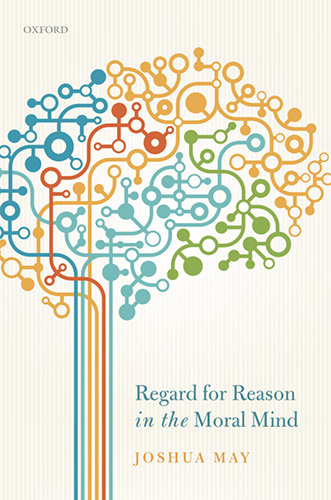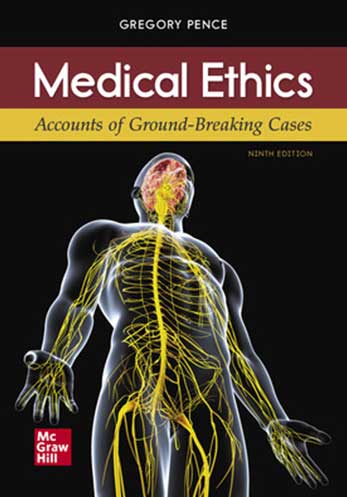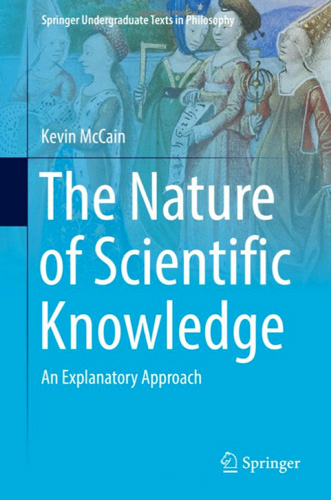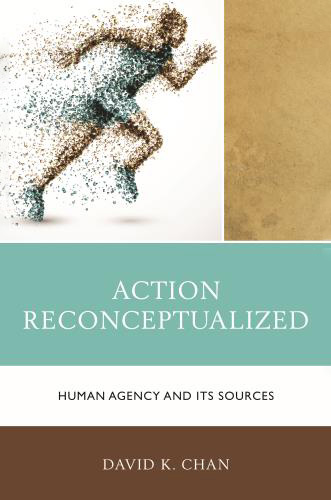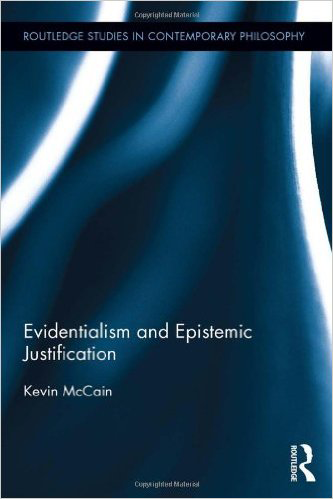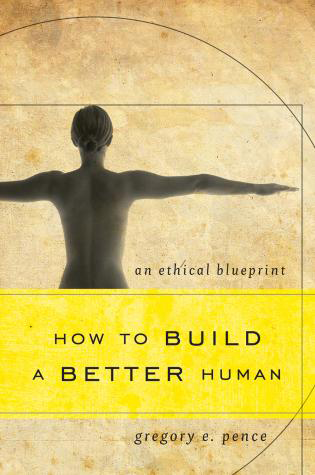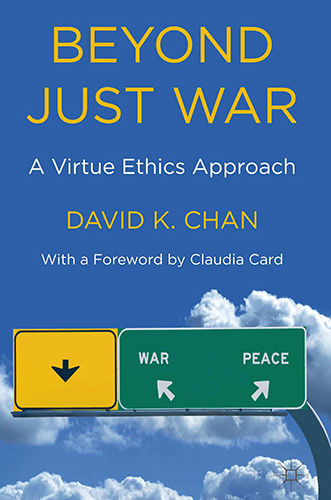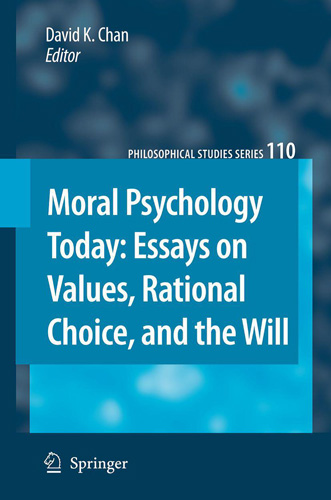Publications
Faculty Research
-
Marshall Abrams
Marshall Abrams
My research is interdisciplinary, but lies primarily within philosophy of science, especially philosophy of biology and philosophy of probability. I focus on teasing out what's implied about natural processes by scientific practices, especially by ways that scientists use mathematical and computer models in empirical research, and on developing and applying new ideas about probability to biological systems. Sometimes I write computer models to explore ideas in philosophy of science. I've also published on philosophical issues concerning cultural change, mental representation, and biological functions, and I've collaborated on purely scientific research looking for evidence of natural selection in the human genome. Recently I've been exploring implications of a new account of the metaphysics of evolutionary processes and have been developing new arguments that some of the chanciness in evolution results from randomized animal foraging.
-
Lindsay Brainard
Lindsay Brainard
I have a variety of interests in general philosophy of science, including explanation, discovery, and creativity. My current research consists primarily of two related projects. The first project aims to answer questions about the role and value of creativity in both scientific and non-scientific contexts. I consider questions such as: Can algorithm-driven scientific enterprises be creative? Does creativity play an indispensable role in leading us to truth? Is the creative process involved in hypothesis-generation norm-governed? During the 2019-2020 academic year, this research was supported by an Alvin Plantinga Faculty Fellowship. The second project is concerned with the scientific power of computer simulations. In particular, I am interested in the ways that simulations explain, confirm, and generate hypotheses. I argue that the uses to which scientists put computer simulations reveal novel explanatory virtues as well as norms of scientific practice in epistemically bleak contexts.
-
David K. Chan
David K. Chan
I am a moral philosopher with a background in the philosophy of action, and I do research on a number of inter-connected questions. The work that I do in normative ethics is to formulate and defend a version of virtue ethics, and to apply the theory to issues in the ethics of war and in medical ethics. While virtue ethics has enjoyed a resurgence of interest outside of ancient philosophy circles, there is no consensus among virtue ethicists on a version that can overcome challenges to Aristotle’s account. I have published a book on action theory that provides a conceptual foundation in moral psychology for virtue ethics, and I am now working on a neo-Aristotelian virtue ethics that is different from other versions. Issues that I am particularly concerned with in virtue ethics include how practical wisdom is exercised by virtuous agents, especially in tragic dilemmas, and the relation between human good and happiness. I continue to work in applied ethics, and I am currently interested in answering the question of whether wars can be ended justly, by extending ideas that I presented in my ethics of war book.
-
Matt King
Matt King
My current research focuses on the nature of moral responsibility and the conditions on appropriate blame. In my book manuscript, Simply Responsible, I focus on instance of non-moral responsibility – where we blame and praise, say, athletes and artists for their performances. I argue that such agents are responsible in just the same way as those who do morally good and bad things. So, contrary to much of the literature, being morally responsible is not a distinctive relation; we are simply responsible for what we do, where those things can be morally good and bad, artistically good and bad, athletically good and bad; etc. This conclusion then shapes a number of constraints on how we theorize about some common elements of a theory of responsibility, including the conditions on responsibility, what it means for the blameworthy and praiseworthy to deserve blame and praise, and the nature of that blame and praise.
The other big part of my current research concerns the dynamics of blame – what happens when we blame each other, the ways such blame can go wrong, and the moral reasons that are relevant to when we should and shouldn’t blame others. My distinctive approach to these questions is the topic of my next proposed book!
-
Josh May
Josh May
Dr. May's research addresses questions at the intersection of ethics and cognitive science, in an effort to understand the development, breakdown, and improvement of moral knowledge and virtue. An adequate understanding of the sources of our beliefs and decisions helps to assess whether we’re justified in holding particular moral views and properly motivated to do what’s right. Against a rising pessimism, he has argued that moral thought and action are ultimately rational enterprises. Nevertheless, there is certainly room for improvement, and his work also attempts to understand social change and moral progress. How, in particular, can the sciences of the mind help us to become more virtuous and better equipped to tackle societal challenges of the 21st century, such as factory farming, climate change, and mental illness?
-
Kevin McCain
Kevin McCain
My research focuses on issues in contemporary epistemology and philosophy of science. In particular my work is concentrated on explanatory reasoning and the role it plays in generating both scientific and everyday knowledge. Currently, my exploration of these issues has led my research to develop in two related, yet distinct, directions. The first direction my research has taken is defending an explanationist theory of epistemic justification. Roughly put, on my explanationist theory a person is justified/rational in believing something when the truth of her belief is part of the best explanation for why she has the evidence she does. The second direction my research has taken is examining how my explanatory theory, along with other insights from contemporary epistemology and philosophy of science, can improve public understanding of science.
-
Greg Pence
Greg Pence
For the next two years, I plan to focus my research on ethical issues raised by the Covid pandemic, including determining disability for those with Long Covid. I anticipate a 2nd edition of my Pandemic Bioethics and a new chapter on the same topic in the 10th edition of my textbook, Medical Ethics.
-
Keshav Singh
Keshav Singh
Keshav Singh's primary research areas are ethics and epistemology, but his research interests also take him into social and political philosophy, philosophy of race, philosophy of mind and action, moral psychology, 20th Century philosophy, and Sikh philosophy. Though his research interests are broad, they are focused on normative questions: questions about how to live our lives. Some of these are more foundational normative questions, such as what it is in virtue of which we have reasons to act, think, and feel in certain ways. When addressing these foundational issues, he approaches questions about how to act, think, and feel as all aspects of the same fundamental questions about how to live. Others are more applied normative questions, especially ones having to do with the nature of racism and other forms of discrimination: what they are, what’s wrong with them, and how they should be combated.
-
Brynn Welch
Brynn Welch
My research focuses on the intersection of the family with broader social justice goals. I am interested in questions about whether, when, and how broad considerations of justice constrain what individuals may do for one another within the family. For example, I have previously argued that caregivers have justice-based obligations when purchasing books for children in their care. This argument, however, runs into a problem that most "consumer" approaches to social injustice face: they threaten to exacerbate existing injustices within the family because most consumers in the United States are women. Might these arguments - including my own - increase the unpaid domestic and mental labor loads of women relative to men? If so, what should we say about that? What would a just family look like? Can we justly structure society to promote justice within families? Should families structure themselves to promote justice in the broader society?
